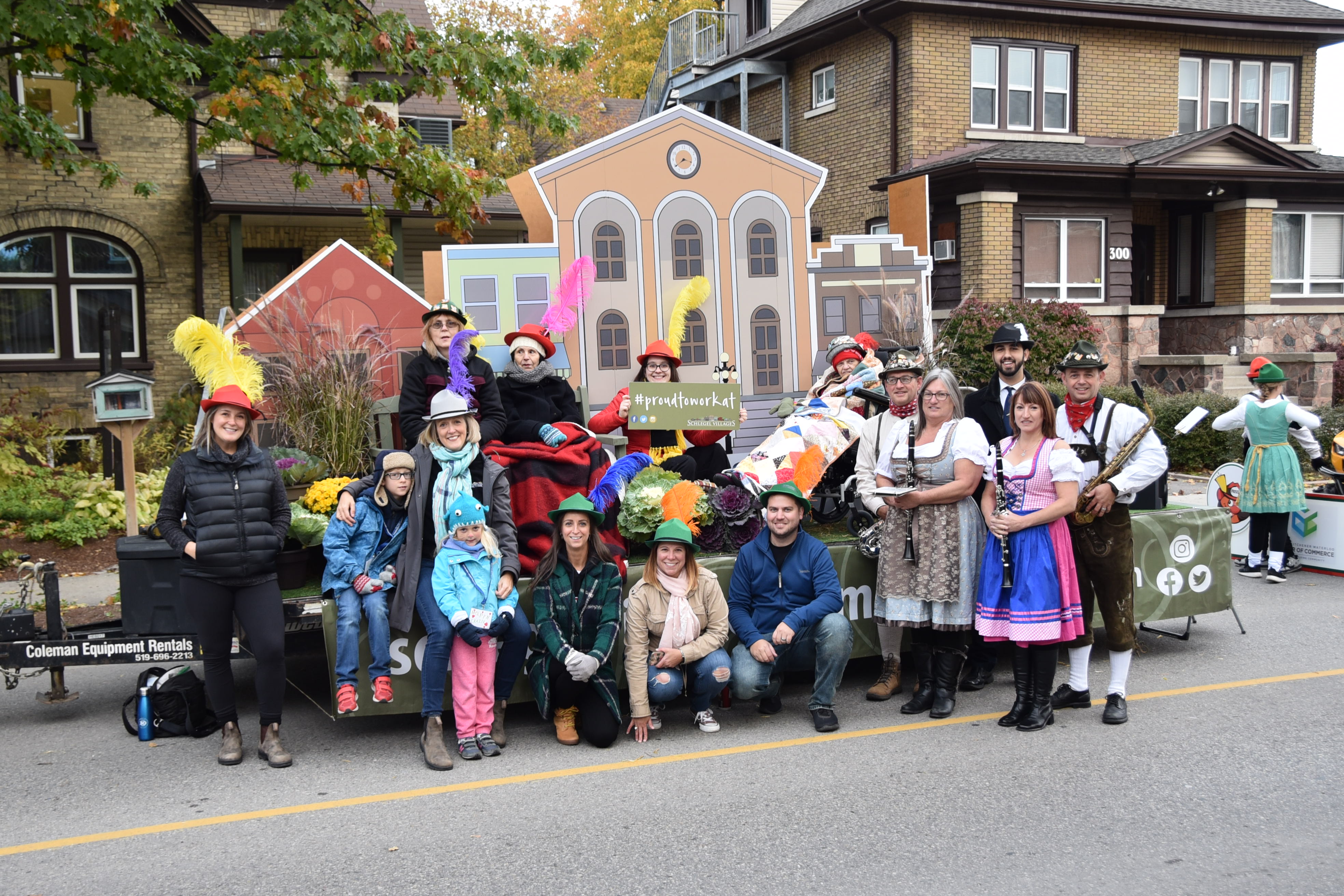Walk with Me conference hits on challenges of the Culture Change Journey
By Kristian Partington
Registered practical nurse Jen McKay has considered the concept of culture change in aging from a few different perspectives over the years and the fact is, change can be a difficult thing. Having worked at the Village of Winston Park for eight years, she was there when Schlegel Villages made the conscious shift towards a more social model of living five years ago. She now works at the Village at University Gates in Waterloo, which opened in late summer, 2015, and so has seen first hand what it’s like when a long-term care home begins its life from a truly resident-centred core and when one makes the shift over time.
Jen carried these perspectives with her when she attended Walk with Me: Changing the Culture of Aging in Canada – the second conference of its kind hosted by the Schlegel-UW Research Institute for Aging and Alberta’s Capital Care Foundation. She applied to attend because, as someone who works daily alongside people who are living with dementia, she is keenly attuned to the stigma that surrounds older adults, especially following that diagnosis.
“We can fix that stigma and show that they are still people,” Jen says. “They’re not just someone with a label of dementia.”
But challenging the stereotypes that permeate society’s view of what it means to grow older requires people and organizations to change, and in many ways these aren’t subtle shifts – these are big changes. Jen says it was interesting to hear some of the presenters’ perspectives on change at Walk with Me 2016.
“They were comparing stages of grief to the stages of change,” Jen says, “and it really did hit home.” Some people are resistant to change, she says, and that resistance can mirror the traits that coincide with many forms of loss.
Liza Timoon, who attended the conference as a representative of the newest member of the Schlegel Villages family, the village of Erin Mills Lodge, also picked up on the comparison of change to loss or grief. For Liza, the discussion about change is quite timely, since the team and residents at her village have experienced many differences during the transition to Schlegel Villages in the past few months.
“Change can be a scary thing,” she admits, “but I was able to pick up a lot of tricks and tools that I’m excited to share with the rest of the team as to how we can help alleviate any of the feelings of grief or the stress that is associated with the change so we can really just focus on the excitement of this and what this means for our residents.”
Ultimately, it means a different type of conversation when it comes to aging, one that focuses on strength, possibility and hope for a life lived well, even in the face of health challenges and the loss of independence. It’s about life purpose for residents in a place that isn’t just home-like but truly is a home filled with joy and opportunities for continued growth.
- Previous
- View All News
- Next


























































































































































































































































































































































































































































































